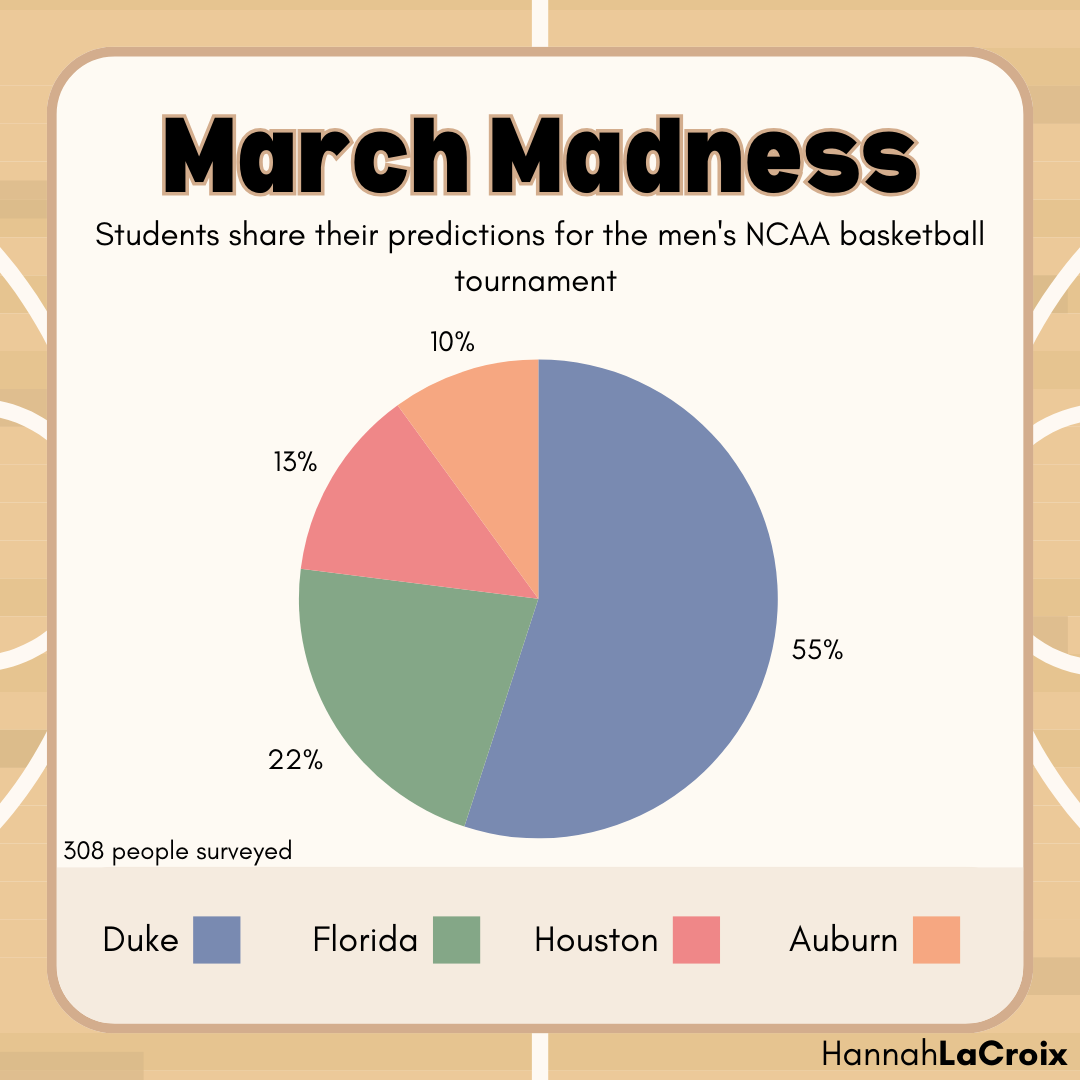Although the ACT and SAT are mostly taken by upperclassman, the preparation begins as early as freshman year. Later on, these tests can determines someone’s future. While students take different approaches to preparing for these tests, here are some tips to help make them a little less stressful.1.Since there are many books available for purchase that promise a high score on the ACT, it is important to choose the right materials in order to achieve the higher score. “Princeton Review,” “Kaplan” and other books may look the most convincing, but focusing on problems that will actually show up on the ACT will benefit in the future. The “Real ACT Prep Guide,” written by the test makers, provides problems that have showed up on past tests and will help review the basic topics that will appear on test day. Most bookstores will have these available for purchase. While these materials will help you prepare for the test, on the actual test day it is important to have a No. 2 pencil (no mechanical pencils allowed), a calculator (check the ACT official test website to see a list of approved calculators) and a watch, in order to keep track of time in case there is no clock in the testing center. Phones are not allowed during the test so it’s best to leave them at home the day of the test.
2.Take some time to pick the test that best suits one’s skills and strengths, rather than just deciding on the ACT or SAT at random. Although the ACT is a shorter, more straightforward test, it is helpful to know which one will have better opportunities when deciding on colleges. While researching prospective colleges, take into account whether that particular school prefers the ACT or SAT. Both tests can be taken multiple times, so there is no need to put pressure on the first time the test is taken. Learn from the mistakes and move forward.
3.In order to be ready for test day, managing time beforehand will help develop a pace so that one is able to finish the whole test in the time allowed. Taking timed exams will help push one to reach the time frame and not feel rushed during the ACT or SAT. This also will help determine which standardized test best suits each persons’ needs.
Every student has different goals when taking the ACT or SAT; it all depends on what college best fits what each student wants to do in the future. Even though most would consider an ACT score of 30 or above a score that guarantees entrance into any college, most in-state colleges only require a minimum of a 24. This can be accomplished for students, and with the right preparations, any score is within reach. Colleges on the west coast and east coast generally prefer the SAT, while colleges in the Midwest prefer the ACT. However, many do take both.



- “Well I had a tutor for the first time I took it and did a lot of practice tests – timed and not timed – and then I went over the stuff I missed,” senior Tanner Lund said.

- “I never actually studied for the ACT,” senior Liran Ziegelman said. “I was supposed to take the SAT and accidentally took the ACT but I got a 33 so now I’m focusing on the SAT. I do about 40 minutes a day of SAT prep which entails doing two-ish sections of the SAT, grading, reworking to find the correct solution as well as reading lots of vocab words.”







